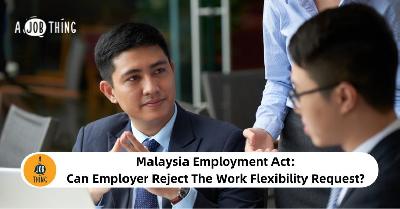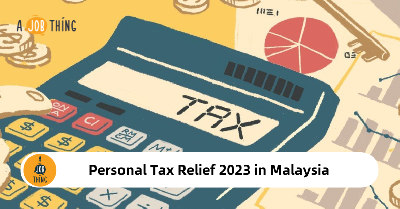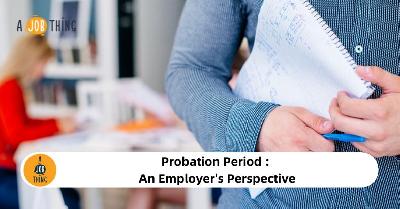
HR Guide: How to Conduct a Reference Check
Create Job Description Using AI
Write appealing job descriptions for any job opening to attract the most qualifield and suitable candidates. FOR FREE.
try now
Congratulations, you've interviewed a great candidate for your open position. Now is the time for a reference check.
The job candidate had a solid resume and aced the job interview, but a reference check is the most important part to better understand the candidate and make the best hiring decision.
Reference checks are not the same as background checks
Reference check: Anyone can conduct a reference check so they can get a clearer view of the candidate's work ethics, virtues, personality and ability to work well with others.
Background check: Usually only specialised companies conduct background checks as they obtain information from various licensing agencies. Background checks often include a reference check that is limited to the candidate's dates of employment and other factual information.
How to conduct reference checks
Request a minimum of three professional references with all relevant contact information from the job candidate. It is better if the references are the candidate's former supervisors or worked with them in a supervisory role.
If the candidate is reluctant to use a reference from their current place of employment, request references from previous jobs.
Contact each reference and let them know you have the candidate's permission for the call and set up a verbal interview.

Make sure to ask the reference what's the right time for a call.
Here are some tips to conduct a reference call:
- An email is good enough for interview purposes. You will need more than a sentence or two from the reference to get a clearer view of the candidate's work ethic, character and skills.
- Consider giving a basic list of questions that you plan to ask about the candidate so the reference has enough time to collect their thoughts.
- Write a brief job description to the reference so that they'll know what the position needs, what you are looking for and how the candidate might perform the role.
- Be respectful of the reference's time. If you said to them you would need 15 minutes, make sure it's 15 minutes.
The best way to end your call is to ask the reference if there's anything else you should know about the candidate.
Use a standardised set of open-ended questions
Your questions should help you gain the correct information about the candidate so you can make the best hiring decision.
When interviewing the reference have a conversation. Invite them to move past simple answers. For example, provide a scenario and ask how the candidate reacted in the situation.
A standardised set of questions can be really helpful if you are considering multiple candidates for the job.
Reference check questions you should ask
Here are some questions you will want to ask during a reference check. Start with simpler and more straightforward questions to ease the reference into the conversation and introduce harder questions later.
These catch-all kinds of questions will give the reference a chance to discuss a subject that you might not have considered before.
- How long have you known the candidate?
- In what role do you know them?
- How would you describe their overall job performance?
- What was it like to manage them?
- What was unique about the candidate that gave them value to your team?
- Were there any strengths that they possess that made them stood out from other members of your team?
- Do you recall any weak areas with which you were working to help the candidate improve? Can you tell me about that?
- Do you remember a time that you had to discipline the candidate? If yes, what were the circumstances?
- Do you think that the candidate is suitable for the job that I described to you?
- If given the chance, would you consider rehiring them?
- Is there anything else I should know about the candidate?
Risks you should consider and avoid
- Keep it professional and legal. Make sure the questions are legal and job-related to help keep the reference from making potentially libellous statements.
- Avoid leading questions or statements to get a response that will fit what you may be looking for.
- Look out for people who are listed as references who might have been coached and planted by the candidate a.k.a fake references.
- If the references give answers that contradict one another, you should conduct at least one more check to see if you can determine a pattern.
A reference check is how you can learn more about the candidate, but remember that it's only one aspect of effective hiring tactics.
Having Problems Hiring? Our recruitment experts are at your service at AJobThing.com. We provide free consultation!
Source: Insperity
Related articles
HR Guide: Evaluating Candidates with Employment Gaps
HR Guide: New Employe's First Day Checklist
HR Guide: Probationary Period Tips and Templates





